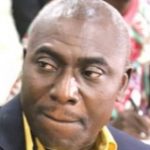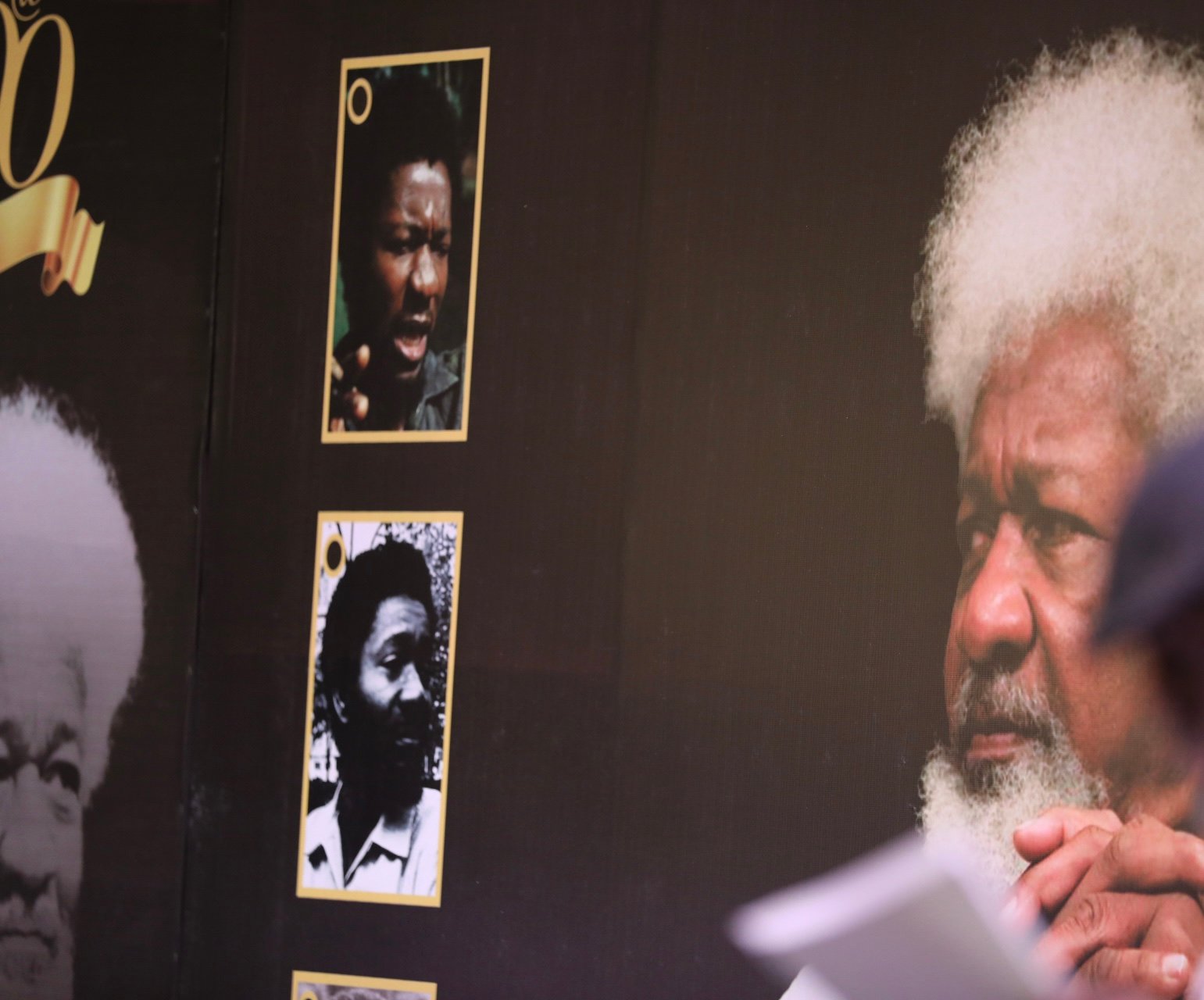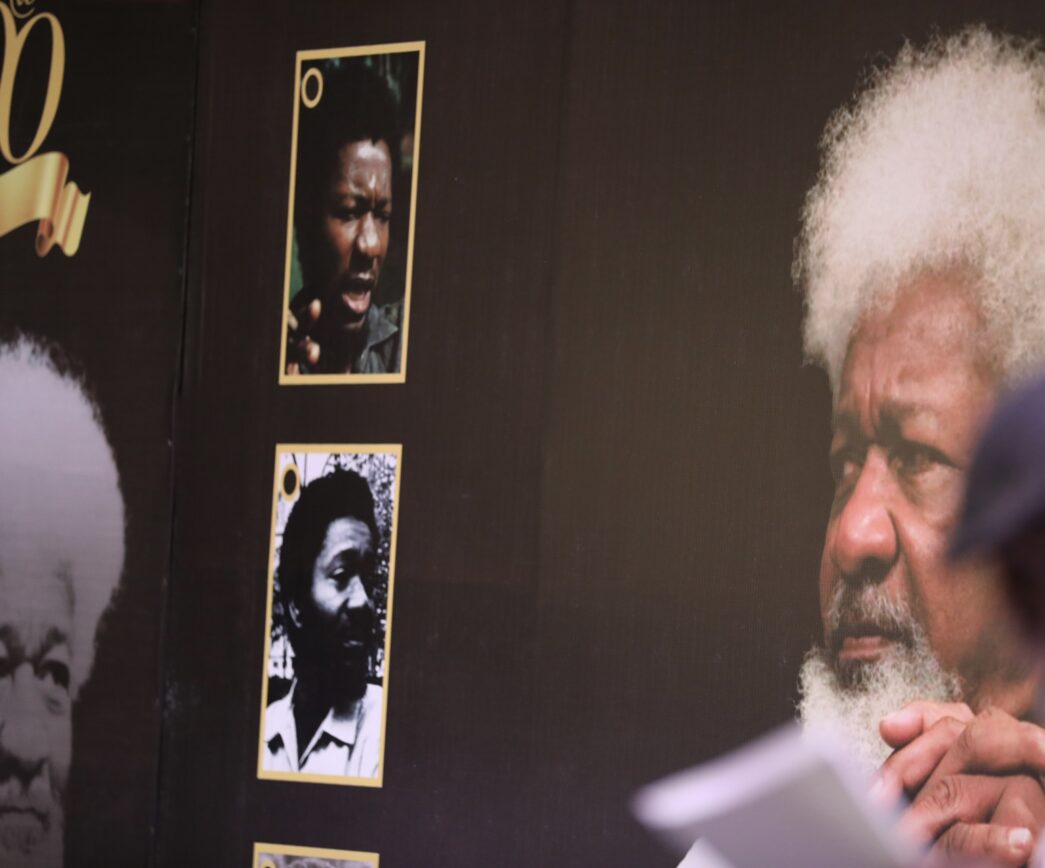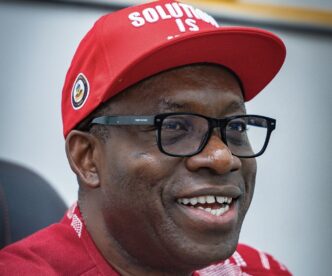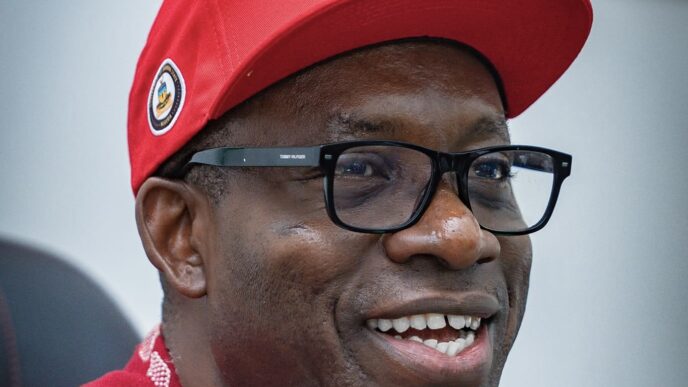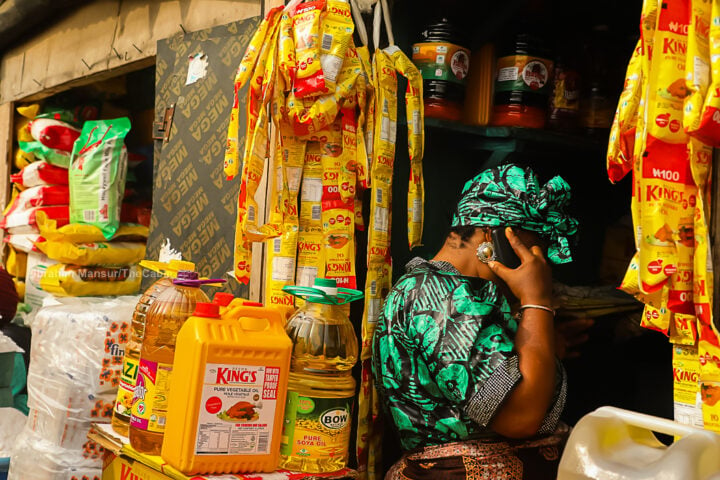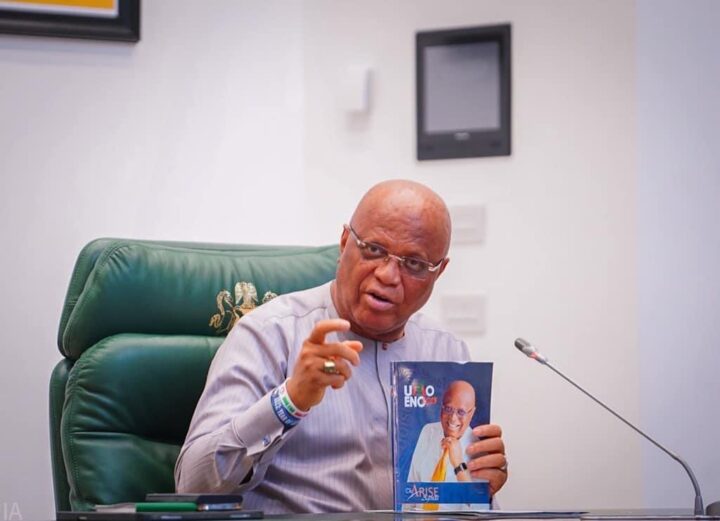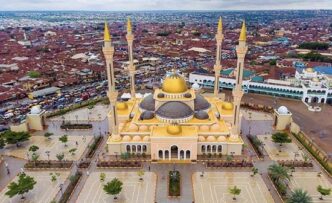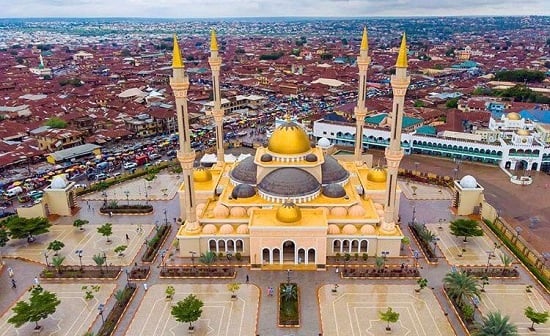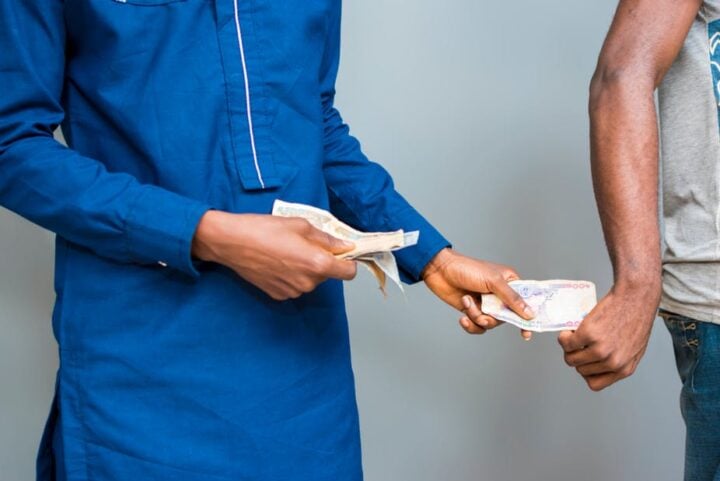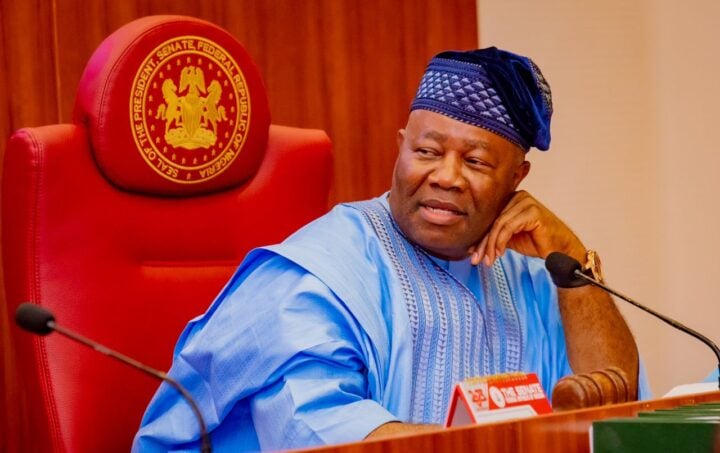Military oppression was then at a crescendo. For the brutalised media, underground reporting popularised as guerrilla journalism had become the preferred modus operandi for some professional journalists who had not been forced into exile. Those at home bravely challenged incipient fascism.
In the process of doing that and unknown to them, their names were being inscribed in a register of courage by elements who believed such activists should be among those to brainstorm on a way forward – not in Nigeria, but far off her borders.
It was about the mid-1990s. Codified information got to me to appear at the Canadian embassy in Lagos for a visa interview – Canada, being the preferred venue for a meeting of anti-military and pro-democracy activists. The appearance was meant to be a mere formality of passport presentation and personal identification as the decision to issue the visa to the select group had been taken. Within minutes, a smiling top embassy official, possibly the ambassador himself, asked me to return for the visa.
Who sent my name to the embassy? In the same cryptlike way I got the message, I inquired and got the answer: Wole Soyinka, the man we prefer to call Kongi at Great Ife. The prospect of meeting him again, but outside Nigeria excited me. Same way I was excited when Dapo Olorunyomi and Babafemi Ojudu announced that we would meet the late Anthony Enahoro to discuss the state of the nation and the struggle for democracy during my 1997 visit to the United States for an International Visitors Exchange Program. My memorable encounter with the elderly nationalist served as compensation for the missed one with Kongi, which should have occurred earlier but didn’t because the Canadian embassy was abruptly shut under pressure by the military junta before the visa was issued. Gladly, Enahoro, despite his advanced age, spoke eloquently on the historical nature and character of the Nigerian state, the unresolved national question, and the role of the military as enablers of a disabled independence and distorted federalism as initially structured by the colonial masters.
Advertisement
Kongi’s knack for coordinating radical initiatives behind the curtains, never forgetting fellow combatants for a better Nigeria, and assisting or showing solidarity when required would seem to be some of his least openly acknowledged radical attributes and contributions to the emancipation of the Nigerian nation. He is understandably usually acclaimed for his literary journeys and accomplishments, his plays and drama, his lectures, his courageous ‘hijack’ of a radio station during the western Nigerian personality-induced (to borrow the words of Professor Olumuyiwa Popoola) political crisis of the early 60s and his defiant visit to ‘Biafra’ during the Nigerian civil war of 1967 to 1970, among others.
I recall that I was in a meeting with Kongi on the Great Ife campus about 1986 as mentioned in chapter 12 of my student unionism memoir – Breaking Your Head With Coconut (Akowe’s Journey in Student Unionism), while reflecting on my memorable returns to the University after I had survived momentous periods in the leadership of the students’ union and the National Association of Nigerian Students to graduate in 1985. That meeting also offers useful insight into the kind of work he does underground.
My recollection in the memoir: “The first was during the struggle to free Fela from detention. It happened shortly after agents of the military government seized copies of Fela’s ‘Army Arrangement’ and the promotional vests. A worried Dr. Beko Kuti had inquired if I could help reach out to his cousin Prof. Wole Soyinka for a meeting to explore the possibility of his intervention. I accepted the task and travelled to the UNIFE campus. Prof. Soyinka was standing in the car park at the Dramatic Arts department when I approached him. “I am Lanre Arogundade”, I started but he cut short the introduction in his guttural voice: “Oh I know, you were the one they bundled in the post office”, referring to my abduction at the Ile-Ife post office in 1985. He readily agreed to meet Beko and a few days later we were at his residence in the staff quarters. Over lunch and choice wine, Beko enlisted Soyinka’s support to ensure that the seized albums and vests were released. He pledged to act on both requests but felt the latter might be more realisable. That meeting was my first face-to-face with the enigmatic Prof. Soyinka and it revealed a lot about his charming persona. Weeks later, the vests were released”. What I didn’t add was that we were also treated to tasty bush and bird meat that were products of Kongi’s renowned hunting expeditions in the forests.
Advertisement
Roll the tape forward to 1999! Kongi was among the first who braved the odds to visit me at the Iyaganku Police Station in Ibadan, during a one-month detention over a trumped-up charge of alleged murder of a fellow journalist and former Exco member of the Lagos State Council of the Nigeria Union of Journalists. I was then eagerly awaiting the legal advice of the Oyo State Director of Legal Prosecution to know if I would be prosecuted. Initially considered a contrived fall-out of the factional crisis that engulfed the Council in the aftermath of a hotly contested re-election in 1997, my ordeal was also a by-product of the radical stance of Lagos NUJ against the violation of press freedom by the Abacha regime. That fact was not lost on Kongi whose home return lecture as organised by friends led by Dr. Yemi Ogunbiyi after the demise of Abacha, I had attended somewhere on Victoria Island. The station was in a frenzy when Kongi called to have a brief audience with me. Police officers and detainees jointly struggled to catch a glimpse of him. After Kongi’s visit, that of Adams Oshiomole as the president of the Nigeria Labour Congress and a few others, a senior police officer at the station confided in me that they had concluded that I could not have committed the murder because as intelligence officers, they sometimes judge the character of detainees by carefully studying the type of people who visit them.
Aside from face-to-face meetings, I have like many others, encountered Kongi through his literary works, which also brings to memory how our generation was privileged to witness the launch and performance of his famous song – ‘I Love Nigeria’ co-produced with Tunji Oyelana and performed by the likes of Funso Alabi of blessed memory at Great Ife campus during the second republic. The lyrics remain instructive about the nature and character of the crisis of the Nigerian-dependent capitalist nation and Kongi’s foresight. The song’s theme is woven around the need to stay and rescue Nigeria as if he knew that ‘JAPAISM’ would one day hit the nation if nothing was done to stem the tide of development hindering corruption. Indeed, the flip side of the album was titled ‘Etical wetin’ to mock the introduction of a so-called ethical revolution by the corrupt civilian regime of Shehu Shagari between 1979 and 1983. Excerpts:
“I love my country I no go lie, na inside am I go live and die,
I know my country I no go lie na him and me go yap till I die. I wan begin with the history of that war we have fought in recent memory wey music wey come from the barrel of a gun…One time we stack groundnut so high, like a pyramid nearly reached the sky, palm oil dey flow from here to London. Cassava, plantain our fruits be champion, our cocoa compete with that of Ghana, mouth dey water to do the banana …yam wey big like wrestler’s thighs. Which rice get fame like Tappa rice, but now to eat na half my budget, food dey cost like a golden nugget, the rain wey flow from open sky e only float presidential rice.
…Where all this food disappears; my belly dey rumble abi you no hear…
I love my country I no go lie na in side am I go live and die, I know my country I no go lie na him and me go yap till I die”
Other literary works I have encountered and worth recalling here for the influence on some of our revolutionary perspectives, the understanding of racism, the insight into the empowerment of area warlords, and the correlation they offer to current developments in the country include: ‘The Man Died’ (from which derives the famous quote – the man dies in all who keep silent in the face of tyranny), ‘Kongi’s Harvest’, ‘Ake: The Years of Childhood’, the ‘Telephone Conversation and ‘The Beatification of Area Boy’.
Advertisement
Much as there have been and will still be lots of accolades for Kongi at 90, it should be expected that like any other radical or revolutionary activists, his current words and deeds would also be juxtaposed with his past words and actions even though objective or subjective circumstances can differ. In this regard, I must say I found it disagreeable when the other time Prof characterised as ‘fascist’ the criticism of the Supreme Court by Datti Ahmed, the Vice-Presidential candidate of the Labour Party, in the wake of some of the controversies that trailed the last general elections. In democracies across the world, it is not unusual that decisions of apex courts are subject to criticisms despite constituting finalities that cannot be challenged unless self-revised.
All said, many like me are July 13 birthday mates of Kongi, but this year’s celebration has been about the Nobel Laureate – a many-sided dynamic activist and humanist who literary-wise, politics-wise and social commentary-wise has significant footprints on the sands of time.
Lanre Arogundade, a former President of the National Association of Nigerian Students and a former chairman of the Lagos State Council of the Nigeria Union of Journalists is the Executive Director of International Press Centre.
Advertisement
Views expressed by contributors are strictly personal and not of TheCable.
Add a comment
